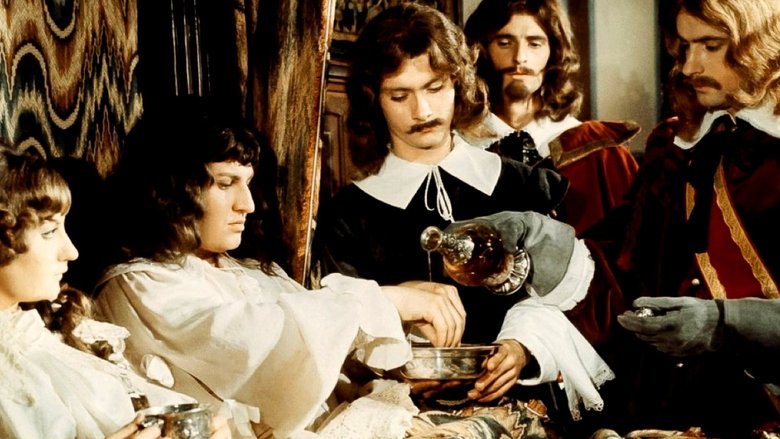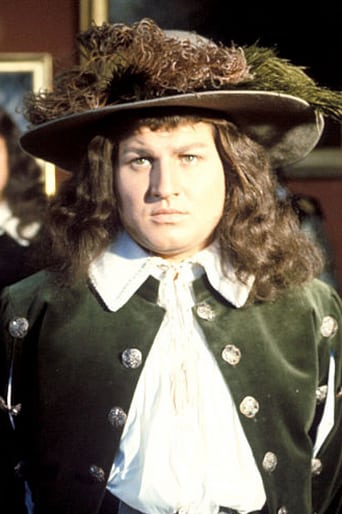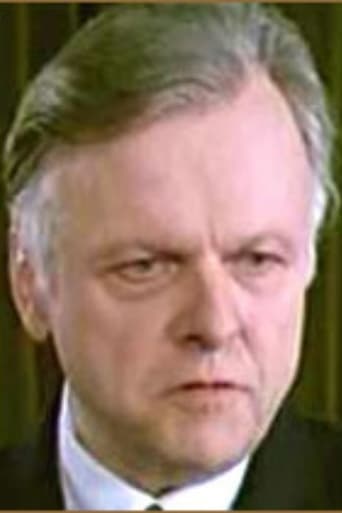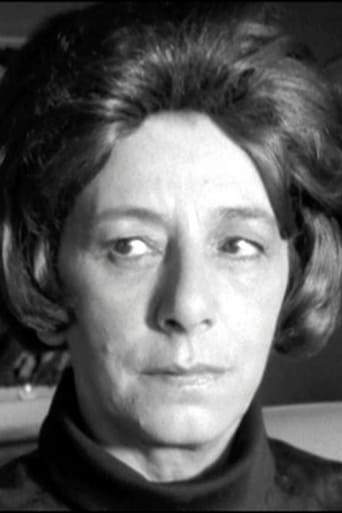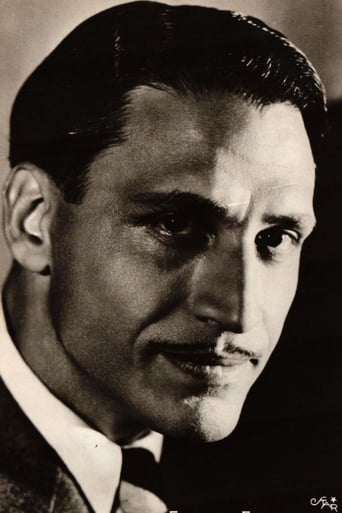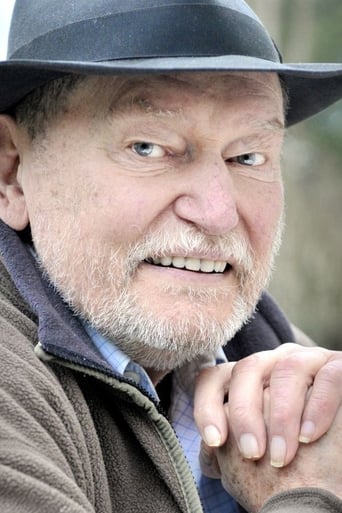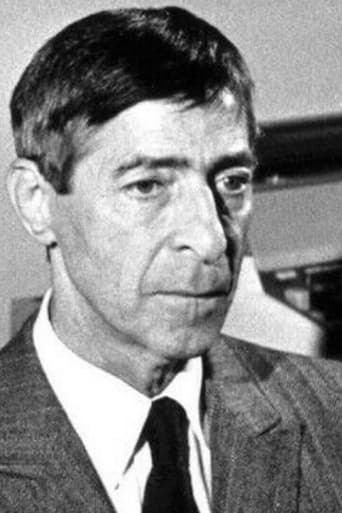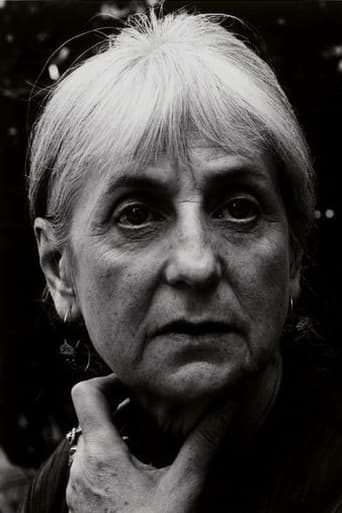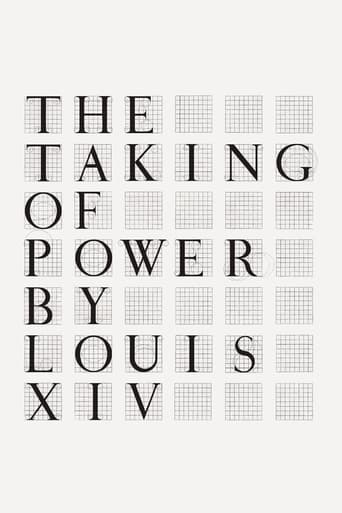
The Taking of Power by Louis XIV
October. 08,1966Cardinal Mazarin dies, leaving a power vacuum in which the young Louis asserts his intention to govern as well as rule. Mazarin's fiscal advisor, Colbert, warns against Fouquet, the Superintendant who has been systematically looting the treasury and wants to be prime minister. Fouquet believes Louis will soon tire of exercizing power and overplays his hand by offering a bribe to Louis' mistress to be his ally. She reports this to the king who arrests Fouquet. Louis and Colbert design a brilliant strategy to keep merchants making money, nobles in debt, the urban poor working and fed, and peasants untaxed.
Similar titles
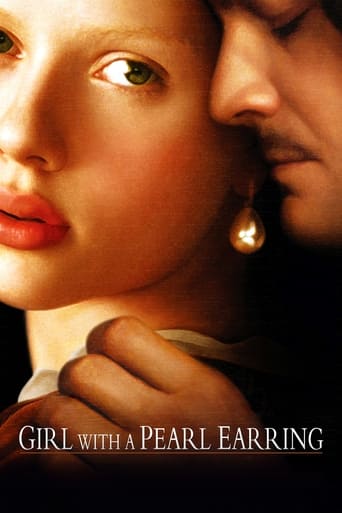
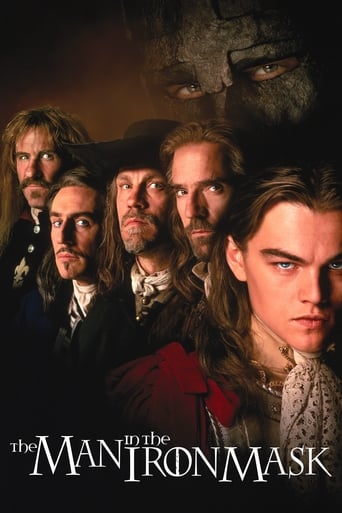
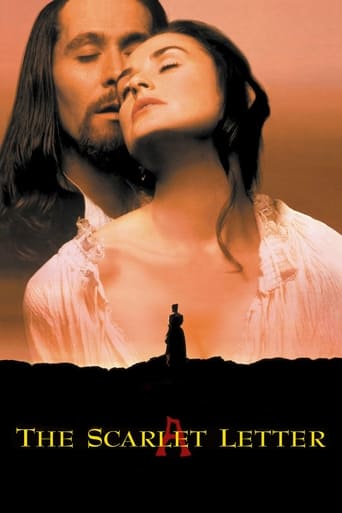
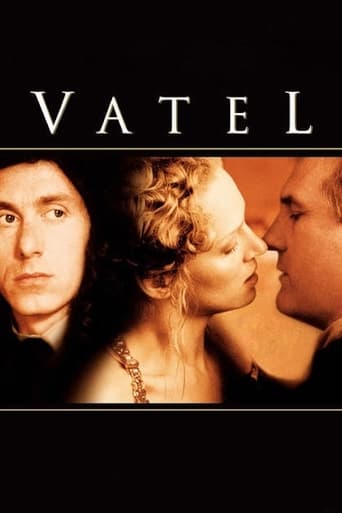
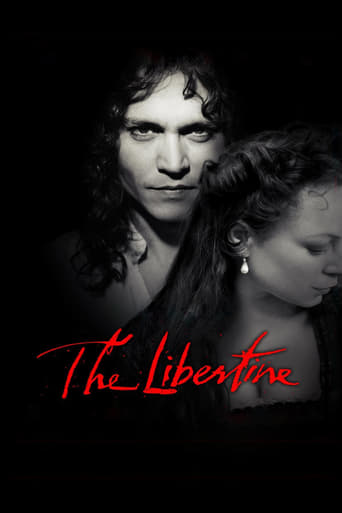
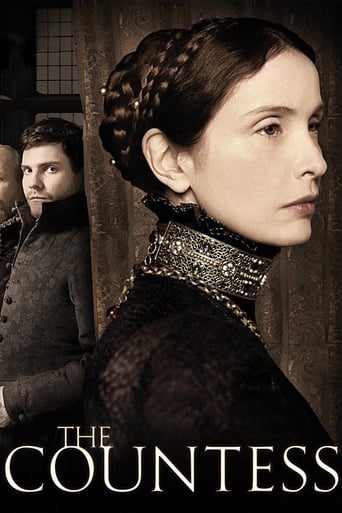
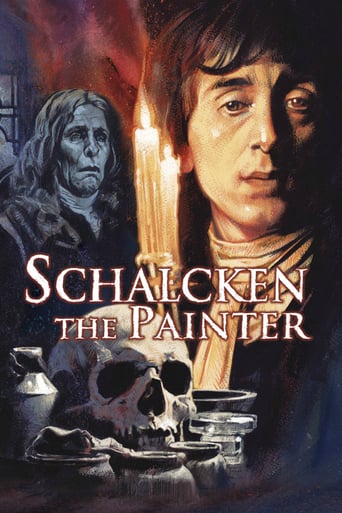
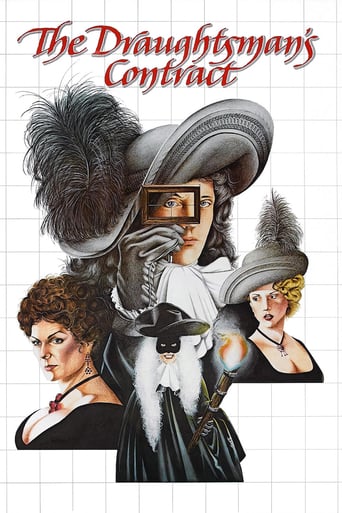
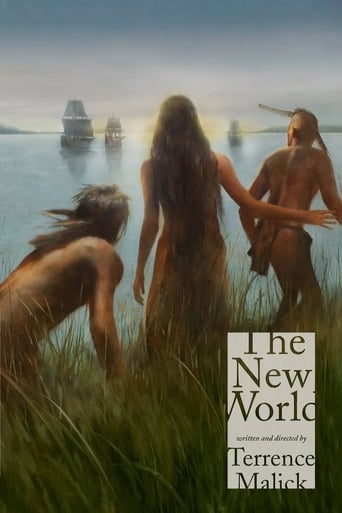
You May Also Like
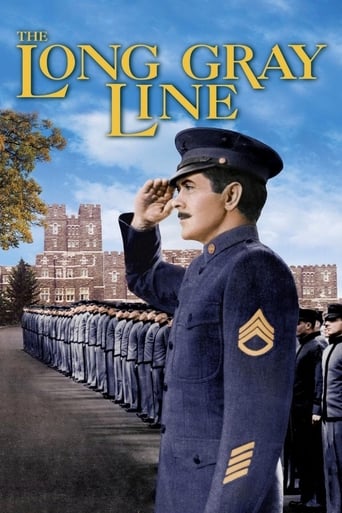
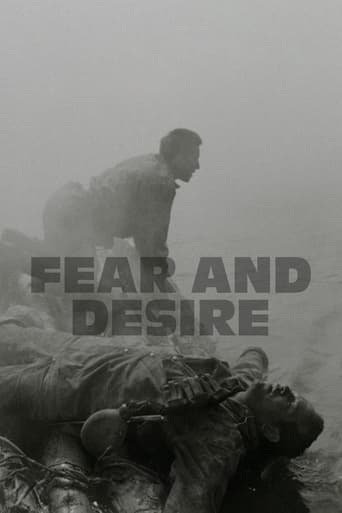
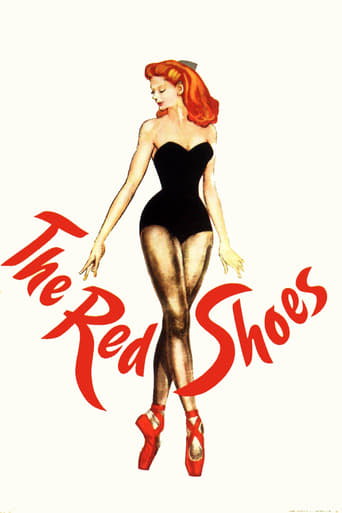
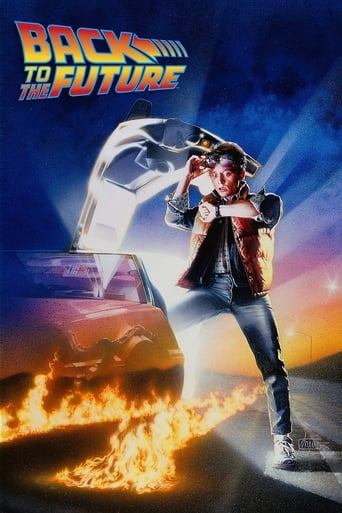


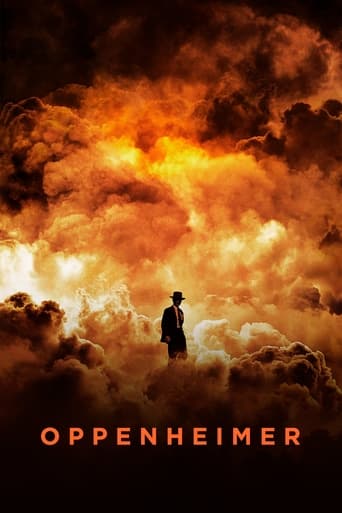

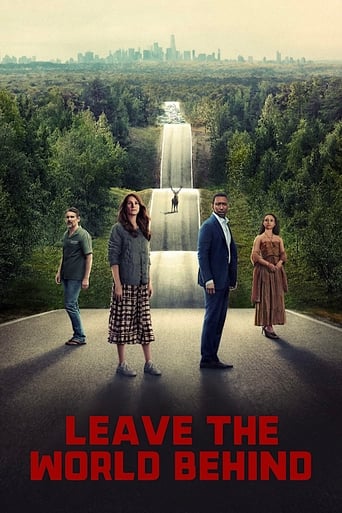

Reviews
Best movie of this year hands down!
A Major Disappointment
The film makes a home in your brain and the only cure is to see it again.
This story has more twists and turns than a second-rate soap opera.
I am a retired history teacher and I love historical films. However, I just cannot recommend "The Rise of Louis XIV" because it is incredibly dull. That says a lot, as I normally have a very high capacity for anything historical. It's just that the court life of Louis XIV was generally very dull and formal and mannered. Replicating it was a feat--but not a good one! It's funny, as usually my complaints are that historicals stray too far from the facts. My complaint here is that they DON'T--and that is the problem. Simply reading about court life of Louis XIV is far more interesting and I found myself falling asleep repeatedly while viewing the film. Boring and unappealing--just like Louis himself!
It doesn't seem to be the same filmmaker; at first, if one were to say that this, The Taking of Power by Louis the XIV, were directed by the same man who lensed the "post-war" trilogy of Open City, Paisan and Germany Year Zero, without looking at the credits in the opening minutes, I would say you were mad. It looks stiff, at first, without the same bursts of passion and rugged documentary style that highlighted those films, or the passions of the films he made with his wife, Ingrid Bergman.But sticking with the film, the look and what is revealed with every little glance, every head turn, every cut away or motion to move, reveals a filmmaker who is in fact creating a film with immense conflict, taking an eye on a historical figure who was filled with fear, so much so that it drove him to be a cold force of domination in France. Louis (non-professional actor Jean-Marie Patte) doesn't really trust anyone, not even his mother, the Queen, and it's curious that Rossellini doesn't even feature him until nearly fifteen minutes into the 95 minute running time (at first the film looks to be about a Cardinal, played by the very convincing Silvagni, on his death bed). But, again, sticking with it, we see a tale of a King who could take a hold of power not by getting into hysterics or enraged, but by a stare and way of looking and speaking, out of beady eyes and a toneless baritone.This is in some part an odd credit to Patte, who in move not unlike Robert Bresson was chosen as a first-time actor and apparently never went again in front of the lens. Indeed he looks nervous in front of the camera, and unlike Bresson Rossellini, who according to the DVD notes had only a budget of the equivalent today of 20 grand (that's right folks, 20 grand) and about three weeks to shoot it in, didn't have the time or patience to break down his actor with so many takes. In a way this is a very clever move by Rossellini, but it works to even further an objective that might have been lost or not really met by a "better" actor. I'm almost reminded of a stiffer, less bad-jokey George W. Bush in this Louis XIV, a character who everybody in his council and company pays heed to, even if they don't take him much seriously - at first, anyway.The film also is shot gorgeously, but not always in a manner to get your attention. While Rossellini navigates the story, of Louis facing down a traitor in his ranks, Fouquet (Pierre Barrat) and takes hold as a King who takes his advice from a very small knit group, he stages scenes without a trace of melodrama. In his own way Rossellini is still practicing his own form of neo-realism, only instead of on the streets its in the royal palaces and banquet halls, the fields where the dogs are let loose on hunting day, the meals prepared with a documentary-style precision. Except for one crane shot (ironically directed by Rossellini's son, Renzo, on a day he wasn't there to shoot), it's shot with the simplicity of a filmmaker who trusts his craft so innately that he doesn't need to second guess himself, whether it's in a very tense scene where all the drama is boiling under the surface (or erupting, as happens once or twice between Louis and his mother Queen) or those shots panning across the royal courtyard towards the end.It should be noted, that this is for those with a taste for historical-period dramas, and admirers of the filmmaker. If you're made to watch this in a class without much interest beforehand, it might not be easygoing. Yet for the acquired taste it is compelling cinema, shot for TV but made with a taste for storytelling meant to be seen on a screen that can be seen every look of horror on Patte's face or moment where the colors and costumes and sets seem to threaten to overwhelm the "protagonist". It's not Coppola's Marie-Antoinette, that's for sure.
Roberto Rossellini was an intriguing director who made a handful of great films and an awful lot of mish mash. While Rossellini never found much popular acclaim for most of his movies, he certainly found it among some of his fellow directors, notably Truffaut and Scorsese. Whether that means Rossellini was a great director might depend on how you much you appreciate artists praising each other. It is, however, just about impossible to underestimate Rossellini's impact on neorealism in movies, just as it's impossible not to take seriously any director who could make Open City, Paisan and Il Generale Della Rovere. So what is The Taking of Power by Louis XIV? Rossellini made it for French television when his career and reputation had faded. He was 60, and would be dead eleven years later. He still made movies regularly and, increasingly, worked in television on major presentations. He made movies because this is what directors do. He wasn't forgotten, exactly, and there were those who saw in him the neorealistic genius he once was. Perhaps he forgot along the way that the story must engage, and that dedicated technique may not always be enough. If Luigi Minecolli had been the director of The Taking of Power by Louis XIV instead of a director named Roberto Rossellini, would the TV production be remembered, even by cineastes? Well, who remembers the director of The First Churchills? Louis, in 1661, is about to grasp the power of his throne. He's 22 years old and has worn the crown since just before his fifth birthday. The death of the power behind the throne, Cardinal Mazarin, gives Louis the opportunity to be the king, not just play at it. Louis succeeds so well we remember him as The Sun King. (Of course, for his last couple of decades he should be better remembered as The Death, Disaster and Crushing-Taxes-for-Everybody-But-the- Nobility King. But all this is another story.) Rossellini not only shows us the intrigue, the primping, the groveling and the backstabbing that come with the accumulation of power, he shows us those realistic details that make cardinals and kings into men, not always inspiring men and sometimes dead men. This was a time when physicians diagnosed by way of a whiff of the chamber pot and who bled their patients with abandon. The death of Mazarin begins the movie, and the Cardinal's confession to his priest is amusingly self-serving. This scene, as with the movie, is so deliberate and calm as to want us to help speed God's hand in closing the Cardinal's eyes. The Cardinal has a lot of exposition to deal with before that happens. And when it does, Louis, to the consternation of his ministers, his courtiers and his powerful mother, begins to make decisions for himself. There is intrigue, ego, avarice and ambition...and it all proceeds with such stateliness that it would be very hard going without all those magnificent wigs, velvet curtains, lush costumes, beplumed hats and the stultifying but amusing rules and courtesies of the court. Louis himself, played by Jean-Marie Patte, is a plump, short, shallow, spoiled but sly young man, who much prefers skinny dipping with his mistress than amorous visits to his wife. He sounds like Peter Ustinov. He looks ridiculous in his high wigs and his beribboned, belaced and bevelveted knickers. Louis must deal with his mother, with Fouquet, with the building of Versailles, with bringing the nobility to heel and with all those elaborate, lengthy 17-course meals he would eat in solitary splendor in front of his courtiers and ladies. In many ways the preparation of one of these meals, its nervous supervision, stately serving and blank-eyed consumption by the king is the best sequence in the movie. I have no idea if Patte was simply a limited actor or whether he was directed poorly. One critic reports that Rossellini would not give the actors their dialogue until just before a scene, and insisted that they use written cheat boards out of camera range if they had trouble. If this is the case, we can only sympathize with Patte, who is forced to speak in ponderous epigrams and declarations of shrewd and emotionless intent. The taking of power by Louis XIV...the history...is a great and dramatic story. The movie, on the other hand, looks just fine and, if you enjoy the high doings of those convinced they are our betters, interesting. But the teleplay also is dull, dispassionate and without pace. Patte's acting leaves a great void in the center of the story. Rossellini has produced a lavish, stately teleplay about a French king, undoubtedly exactly what his French producers wanted. I don't believe there is a trace to be seen of the Rossellini of Open City and Paisan.
Apply cinema verité to an historical setting and You Are There. Rossellini succeeds in slowing the pace, but rather than making it feel slow, he makes it feel majestic, as it should be in a story about a king. Likewise, he makes the dialog conversational à la Hawks. The locations are authentic, as are the costumes and customs, thus completing the illusion.In Olivier's Henry V, we see how a one becomes a feudal king; in The Rise of Louis XIV, we see how one becomes a Sun King.
Top Streaming Movies











